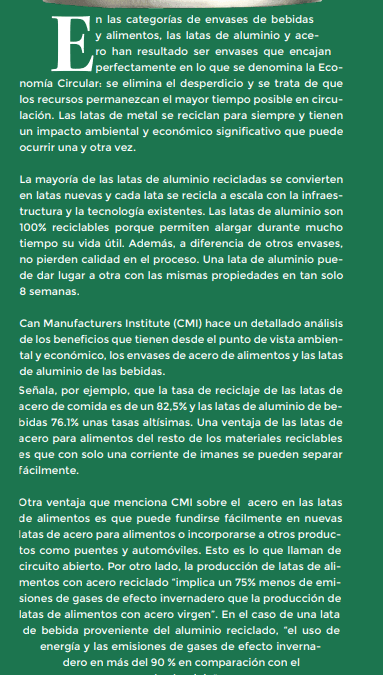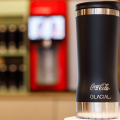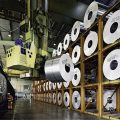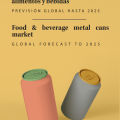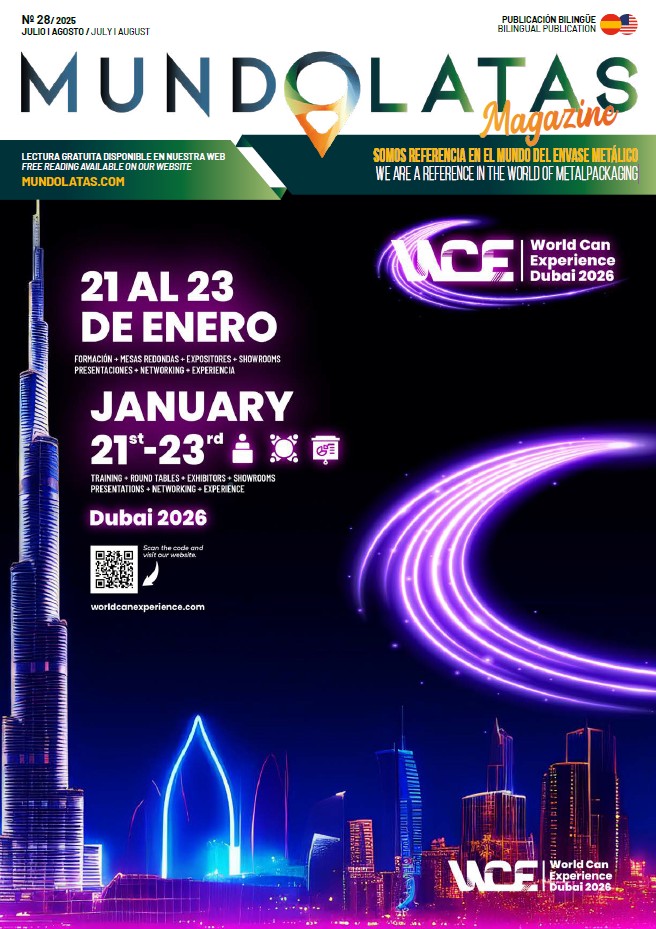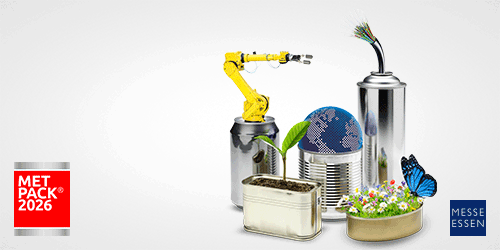Aluminium and Steel Cans: Highly Sustainable Packaging
In the beverage and food packaging categories, aluminium and steel cans have proved to be packaging that fits perfectly into what is called the Circular Economy: eliminating waste and keeping resources in circulation for as long as possible. Metal cans are recycled forever and have a significant environmental and economic impact that can occur over and over again.
The majority of recycled aluminum cans are converted into new cans and each can is recycled at scale with existing infrastructure and technology. Aluminium cans are 100% recyclable because they have a long shelf life. In addition, unlike other packaging, they do not lose quality in the process. One aluminium can can give way to another with the same properties in as little as 8 weeks.
The Can Manufacturers Institute (CMI) provides a detailed analysis of the environmental and economic benefits of steel food containers and aluminum beverage cans.
He points out, for example, that the recycling rate for steel food cans is 82.5% and for aluminum beverage cans 76.1% – very high rates. One advantage of steel food cans over other recyclable materials is that they can be easily separated with just a stream of magnets.
Another advantage CMI mentions over steel in food cans is that it can be easily melted into new steel food cans or incorporated into other products such as bridges and automobiles. This is what they call an open circuit. On the other hand, the production of food cans with recycled steel “involves 75% less greenhouse gas emissions than the production of food cans with virgin steel”. In the case of a beverage can from recycled aluminium, “energy use and greenhouse gas emissions by more than 90% compared to using aluminium”.

